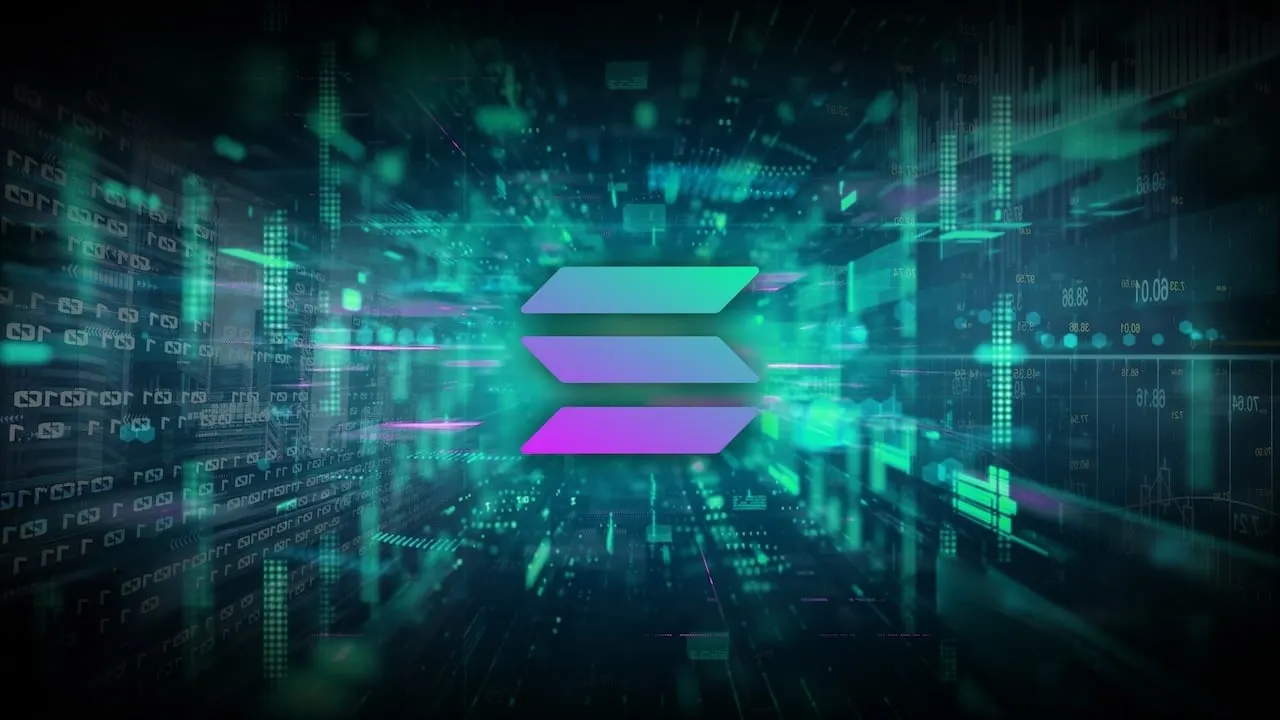Solana’s community sought to defend itself Wednesday after clips circulating on Twitter (aka X) amplified criticism from the former American intelligence contractor and whistleblower Edward Snowden, casting some shade on the speedy layer-1 network.
“A lot of people—and I don’t want to name names, but Solana—are taking good ideas and they’re just going, ‘Well, what if we just centralized everything? It’ll be faster, it’ll be more efficient, [and] it’ll be cheaper,’” Snowden claimed, adding that “anything significant” built on the network could easily be disrupted “if states started moving toward it.”
Snowden’s comments were made while speaking virtually at Token 2049, a crypto conference in Singapore, while responding to an audience-posed question. An individual asked how networks could be designed from a “first principles” perspective to ensure that they are safe.
Describing Solana as an ecosystem gaining traction through “meme coins and scams,” Snowden claimed that the network wasn’t built with an “adversarial approach” in mind. His comments cut close to the prospects of decentralization and censorship resistance that underpin many projects as principles to aspire toward and be guided by.
As Helius Labs co-founder and CEO Mert Mumtaz—an outspoken Solana advocate—pointed out on Twitter, Snowden backed up his claims with zero evidence. Challenging Snowden to a debate on Solana’s decentralization, Mumataz also shot back at several arguments posed by Twitter users.
“I challenge anyone to show me the precise attack vector that would let a single entity exercise a loss of funds,” he wrote. “Show me, with real data, how you will subdue thousands of full nodes over different jurisdictions, countries, and governments in the world.”
Mumtaz acknowledged that the longer-running Bitcoin and Ethereum networks are more decentralized than Solana, but he challenged the notion that the network could be felled by a single point of failure. However, a Cardano developer named Dave flagged supposed weaknesses in Solana’s consensus mechanism, predicated upon the belief that dishonest entities could halt the network.
Solana’s stake-based system could be disrupted, they posited, preventing the network from producing blocks if dishonest actors validating transactions account for one-third of assets delegated to the network.
However, Mumtaz wrote that accumulating the SOL necessary to achieve such a disruption is “insurmountable,” given Solana’s $69 billion market capitalization.
The account that shared the Snowden clip, viewed over 530,000 times as of this writing, is also linked to Cardano, a multi-chain platform that has strived toward becoming a more efficient alternative to Ethereum. Currently, Cardano has a market capitalization of $13 billion, making it the 12th-largest cryptocurrency by total value across those tracked by CoinGecko.
The dynamic illustrates how some communities look to assert themselves above competitors by levying criticism on Twitter, in this case, through Snowden’s comments. Solana’s rise over the last few years has been marked by criticism from developers and supporters of other major blockchain networks, whether it’s the Ethereum ecosystem or other altcoins like Cardano.
The “centralization” debate dates back to Solana’s close association with collapsed crypto exchange FTX and founder Sam Bankman-Fried, who is currently serving a 25-year prison sentence related to fraudulent activities at FTX. Bankman-Fried had brashly advocated for Solana, with some crypto users even calling SOL a “Sam coin” as a result.
But Solana’s developer community has strived to push past those claims, defending the current level of decentralization for the network while also hailing the impending launch of Firedancer, a completely separate second validator client created by Jump Crypto. An early version of Firedancer called Frankendancer was recently deployed, and Solana supporters have long contended that it will help the network avoid some of its past issues with downtime.
While Snowden’s comments dredged up a lot of the same familiar complaints about Solana from outside the community—and led to a lot of jokes and mockery from Solana fans and foes alike—key contributors mostly took the criticism as par for the course. Solana co-founder Anatoly Yakovenko appeared to reference the debate in a tweet without directly addressing it.
“As usual, Solana is decentralized only by objectively measurable metrics, and centralized across all the other ones,” he wrote.
Edited by Andrew Hayward
Daily Debrief Newsletter
Start every day with the top news stories right now, plus original features, a podcast, videos and more.

